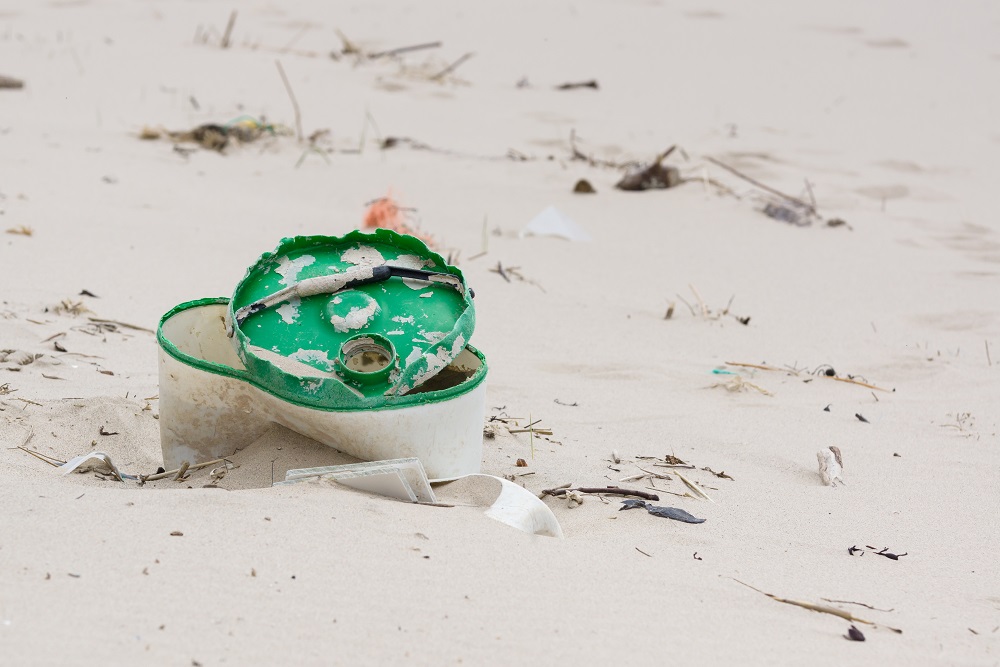Nothing is more satisfying than enjoying the view of your room after a day’s worth of rubbish removal. You have poured resources and effort to make your household as pristine as can be. However, your efforts could mean nothing if you do not implement health practices when handling rubbish. This is due to the fact that underlying health risks associated with the rubbish you just took out can be left behind.
Household rubbish, particularly food and chemical waste can leave behind harmful substances and leachates that are ideal breeding grounds for disease-causing pests and germs. Truth is, your regular rubbish removal task isn’t just simply dumping and lifting but it also includes eliminating the risks that your rubbish leaves behind.
To help you eliminate the health risks during and after taking out the trash, here are various health practices that Paul’s Rubbish Removal implements which you can apply at your disposal.
Personal Protective Equipment
Depending on the amount and type of rubbish you will be handling, you are constantly exposed to various risks. That’s why wearing personal protective equipment (PPE) is important, as it protects you from contacting toxic liquids or corroded and sharp objects.
You can use rubber gloves and a thick apron when transferring your rubbish into large bags. Furthermore, when taking out volatile substances and dusty carpets, Paul’s recommends wearing a face mask and a pair of safety goggles. Fungi and bacteria can grow on the bases of rubbish bins and touching these surfaces without PPE can result in skin irritation, allergic reaction, or respiratory diseases.
Personal Hygiene
All the filth and grime that accumulates on your clothes and skin after taking out your rubbish typically releases the bad odour. In addition, the microbes present in them can come in contact with your skin and hands that transfers them to your eyes, nose, and mouth – leading to serious chronic diseases.
One of the most common ways to prevent this from happening is to practice deliberate handwashing after taking out the trash. Taking a warm shower will also help eliminate all toxic residues on your skin. Finally, you must wash your clothes with warm water and detergent to get rid of the oil and muck as well as fungi that could cling and rot on it for a while.
First-Aid Kits
You might find this a bit exaggerating, but if you accidentally cut yourself with a rusted metal or experienced acid burns and doesn’t have the medicine to treat the wound immediately, it can result to painful and more serious injuries. This is why having a first-aid kit ready while handling your rubbish is recommended.
Preparing one in your main living room is enough to ensure that whenever accidents happen during cleaning, your emergency kit will be easily accessible. A roll of cotton, some alcohol, penicillin, and other OTC medicine like antiseptics will do.
Smart Waste Management Practices
Practising smart waste management can further reduce the likelihood of accidents and contamination to you and your family. These can be summarised as follows:
Waste Segregation
Carefully sorting your household rubbish into different and distinct containers eliminates the need to pick them out one by one after dumping on wrong rubbish bins. Furthermore, segregating them in separate containers also defines the risk associated with every pile so you can decide which bag with corresponding volume and health risks should you take out first.
Use of Appropriate Packaging
One of the most annoying scenarios when handling rubbish is spillage of waste. This is likely due to the use of inappropriate packaging for the type of waste.
- Food waste should be tightly sealed in paper before putting them in bins.
- Common solid waste should be put in garbage bags as well.
- To prevent bags from ripping, it is wise to overlay two rubbish bags together.
For sharps, broken glasses, and e-waste, using a spacious plastic bin is suggested. The thick and rigid texture of the bin will prevent sharp edges and corroded metal parts to pierce and hack through the bag.
Moreover, if you use multiple similar packaging for different waste, putting clear labels allows you to easily identify the waste and avoid dumping the wrong bag in the bins of your rubbish removal service.
Large Household Items
While most household rubbish can fit in plastic bins and rigid containers, large household waste such as old furniture, cartons, iron sheets, and large tree branches can barely fit inside typical council-provided bins. Lifting them without enough help can also lead to serious physical injuries. To properly get rid of them and avoid the health risks at the same time, it is recommended that you let Paul’s Rubbish Removal do the heavy toil of removing large household junk out of your home.
Summary
Multiple diseases can be prevented just by having another layer of protection during your rubbish removal. Observing these health practices is a worthy investment and can positively impact your family and your homes. Furthermore, Paul’s Rubbish Removal will help you sort out intimidating amounts of rubbish within the day, so you can get back to your day without worrying about your trash.
Our team will be arriving at your doorstep equipped with adequate tools to efficiently take out all the heavy rubbish that you won’t break a sweat. In addition, our trucks can fit massive amounts of rubbish unlike standard trailers to completely rid you of your accumulated garbage.
Paul’s is also committed to sharing our knowledge of efficient waste management and effective recycling techniques so you get value for your worth. We value your health as much as you do, so feel free to set a booking with our friendly staff at 0407 125 125 or email us for inquiries and a free quote.







